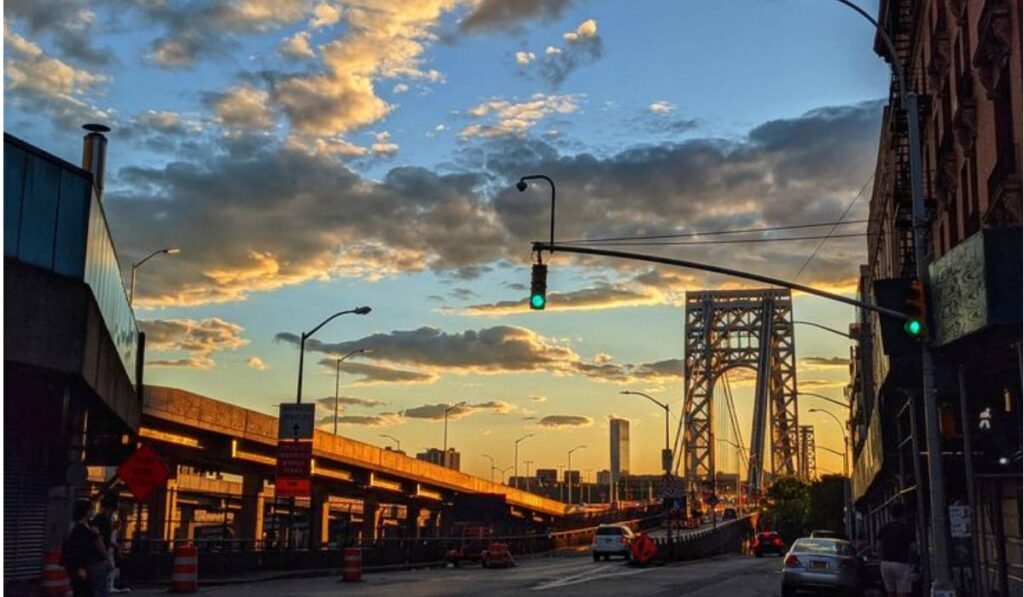
Inflation has been affecting life in cities across the U.S. for quite some time now. These days many can’t help but dream about escaping to rural areas in America where they can get a slower and cheaper life.
Still, according to a report from Newsweek, living in a city may be cheaper than people once believed. In fact, some economists argue that it’s more expensive to live in rural communities.
The Suburbs May Be More Expensive
According to financial experts at Newsweek, U.S. citizens who reside just outside the nation’s major cities most likely spend less than those in rural areas.
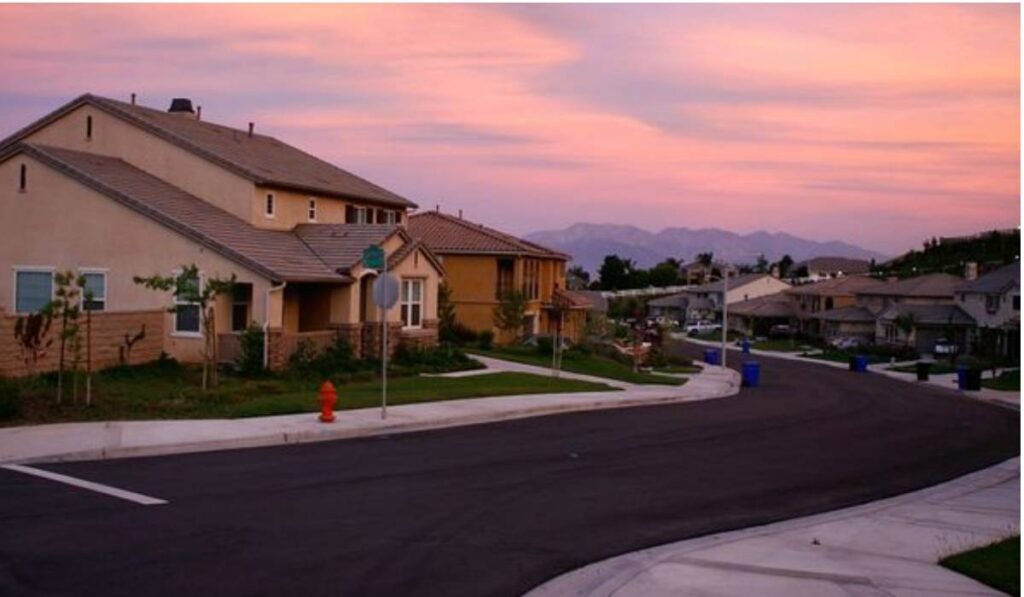
The experts believe that people who earn lower incomes spend less in the suburbs as they can save on transportation, groceries, and even property taxes.
ALSO READ: Americans React as Viral Video Shows Biden Proposed a Border Fence in 2007
It Depends On Spending Habits
Alex Beene, a financial literacy instructor, shared his view on the issue in an interview. “The common perception is city life is vastly more expensive than living in rural areas, but I think it’s a wrong one,” he said. “Ultimately, it comes down to the individual and their spending habits,” Alex continued.

Surviving City Life
According to financial consultant Paul Walker, it’s less challenging to survive on a low income in a city than in rural areas.

“While housing is more expensive, you do not need a car, find produce markets that are less expensive than traditional grocery stores, and there are more opportunities to find jobs,” he said.
LA or New York May Be Better Options
As inflation continues to threaten the financial safety of Americans, experts such as Beene and Walker argue that residing just outside of Los Angeles or New York can be cheaper than living rurally.

Marguerita Cheng, CEO of Blue Ocean Global Health, shares their opinion. He argues that U.S. citizens can save thousands of dollars per year by living close to cities.
How The Bills Add Up
According to Cheng, those living in rural areas often need a vehicle to move around. Transportation costs alone surpass $12,000 annually for Americans, including bills such as insurance and gas.
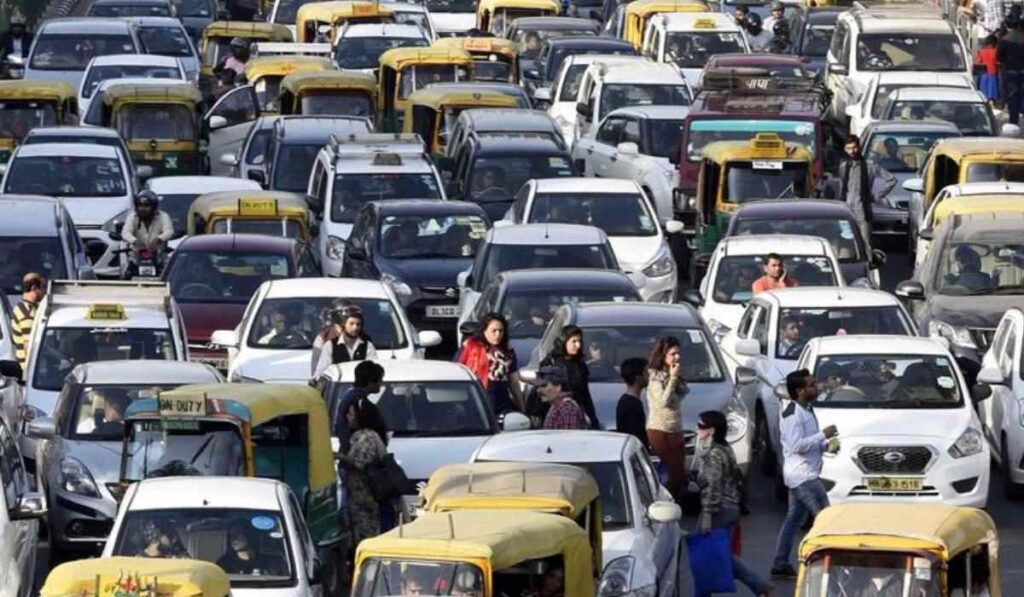
However, city residents usually don’t require cars. The CEO rounded up his interview with Newsweek by adding, “My advice is that you don’t want to move so far out that you end up even spending more money and sacrificing your quality of life.”
POLL—Is Climate Change a Major Threat That Requires Immediate Policy Action?
Rural Areas Suffer More From Inflation
Research published by Iowa State University says that those who reside in rural areas are at greater risk of experiencing the effects of inflation than those in the city.
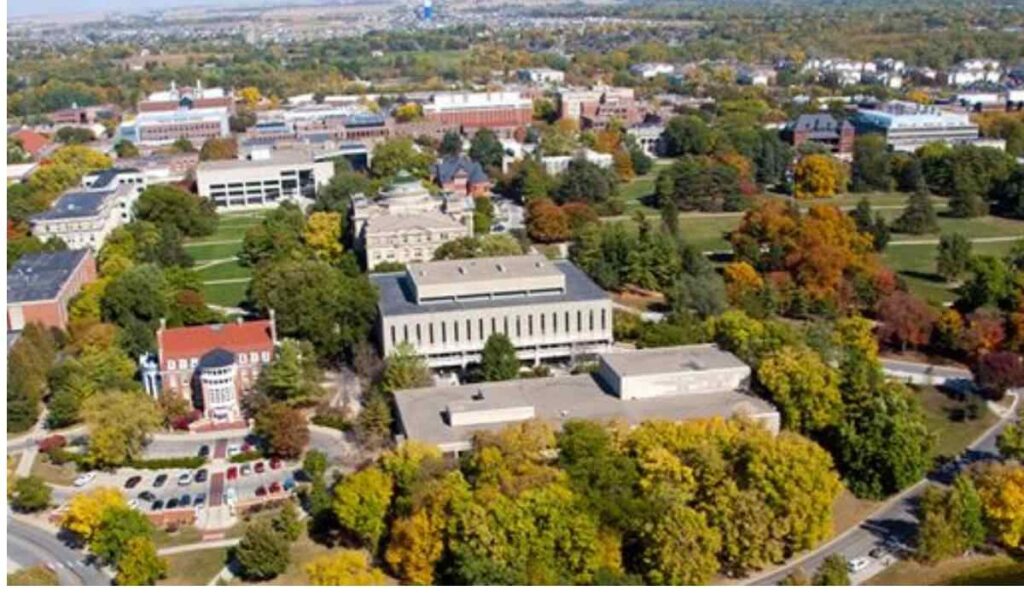
In a study published in 2020, the team said lower incomes and the increased cost of goods due to inflation hit rural areas harder.
Rural Earnings and Inflation
One portion of the university paper states that while rural earnings increased by nearly 45%, they couldn’t keep up with inflation.
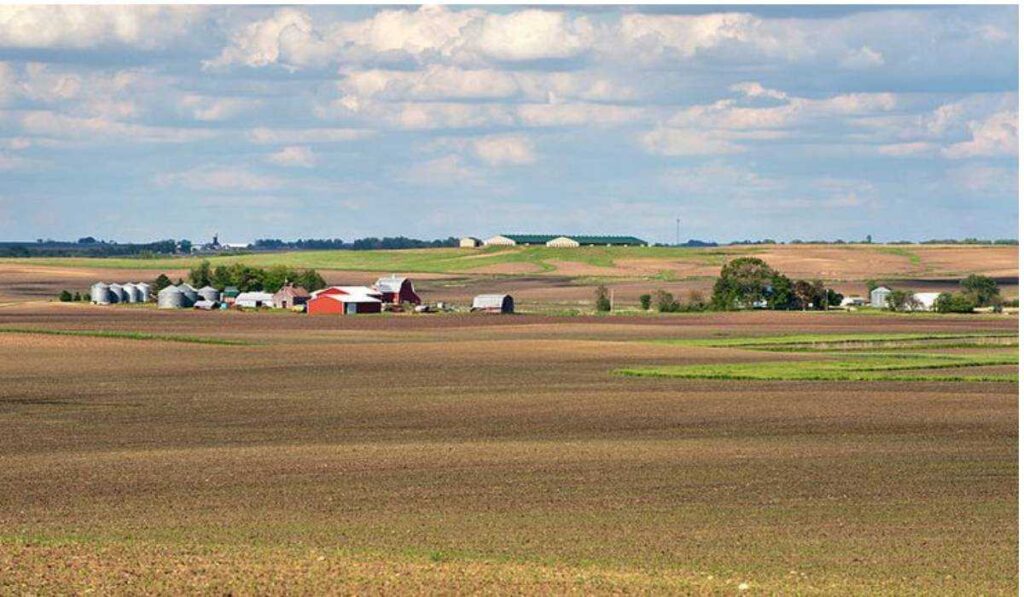
“Rural earnings, especially from farm sources, also rose rapidly by 43% but were unable to keep pace with inflation. The net effect cut rural discretionary incomes by 33.5% between January 2020 and December 2022,” the university reported.
Prices Soar in Rural Regions
Financial adviser Chrispoter Hensley believes that living in rural regions can cost more than people initially expect.

“When you factor in moving expenses, utility deposits, potentially buying a vehicle for rural living, higher fuel costs, property taxes, and even a slight uptick in grocery bills due to fewer options in rural areas, a reasonable estimate for the total cost of such a move would be in the range of $11,000 to $32,000,” Hensley said.
Benefits of the City Life
A popular TikTok account, @Footwashingchrist, has revealed that living in Los Angeles during his 20s helped him get by even though he earned less than $13,000 annually.

Los Angeles is notoriously known as being an expensive city to live in, but Footwashingchrist said in one TikTok that it was easier to scrape by because it was in the city.
Cities Create More Opportunities
According to the famous TikToker, he was able to survive in the city even though he made tens of thousands of dollars less than average Americans for a few reasons.

He also said, “There’s more opportunities for rent.” He continued, “You get more ability to do weird living situations,” a reference to his time living in a 6-by-7-foot room.
ALSO READ: Scientist Urges Americans to Eat “Environmental Time-Bomb” Invading US Waters
Cities Have Everything You Need
According to another financial expert, Zack Hellman, cities offer better services which reduces the amount of money residents need to part with.

“Cities also tend to have more job opportunities, particularly in various industries, and a higher density of social services and community programs that can assist those in financial need,” he said.
So What Will It Be?
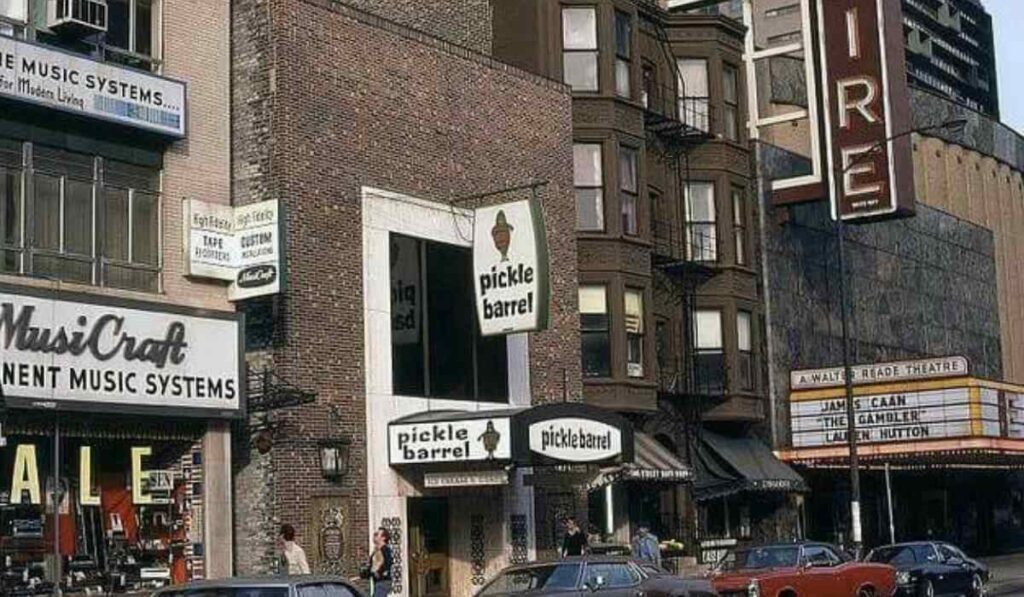
There are certainly pros to living in a rural area, but if what the experts have said has any truth to it, managing the city may be a better option. Especially if you’re not financially stable.
You Might Also Like:
Oregon Declares 90-Day Emergency in Downtown Portland to Fight Fentanyl Crisis
Biden Campaign Team Dismisses 3rd-Party Threats Ahead of 2024 Elections
“I Think It’s Politics,” Burgum Says About Trump’s Attacks on Haley
Florida Governor Rejects Proposal for Floridians to Pay Trump’s Legal Fees
House Republican Suffers Smallest Majority in History
